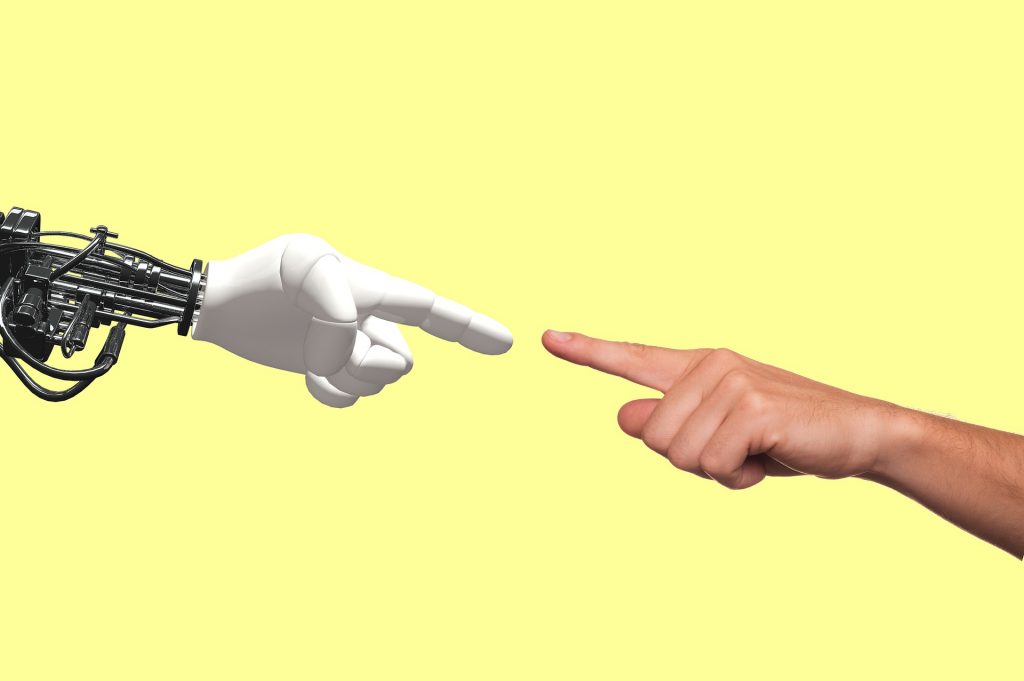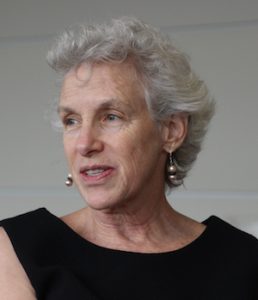Stepping Away from Technology: A Political Approach to the Future of Employment

Illustration: Tumisu/Pixabay
SAN FRANCISCO—Robots, takeovers by artificial intelligence, and high-tech jobs of the future: Those were the expected topics from a panel of Silicon Valley speakers at a session called “The Future of Work.” But to the surprise of the audience, the experts wanted to talk politics.
The panel convened on 26 October at the World Conference of Science Journalists 2017 to argue that although work is changing in both type and structure, those changes won’t present an issue if political leaders support workers in the process.
We are experiencing a new wave of job automation rather than an AI takeover, suggested the speakers. Manual laborers are losing their jobs, according to author and AI expert Jerry Kaplan: About 60 percent of jobs that people performed in the previous century—elevator operator, for example—have disappeared, Kaplan said.
The panelists argued that rather than blaming technology, people should ensure they have appropriate political governance to guide them through these changes.
The new nine-to-five's
Kaplan explained there will be plenty of jobs in the future, just different ones. He suggested common future jobs will belong to three categories:
- Person-to-person interaction jobs, involving demonstration of personal skills or forming a relationship of trust with the others, such as hospitality workers.
- Today’s hobbies, perhaps something like balloon sculpturing, that may become jobs due to increases in demand.
- New kinds of jobs we can’t even speculate about at the moment.
Already, permanent employment is subsiding and some workers are stringing together individual “gigs,” or contracts, in its place. Remote work is growing in popularity, according to a Gallup survey last year: 43 percent of Americans stated they do it.
Governments can't keep up with change
Today, average workers have a lot on their mind: job safety, social security, retirement funds, and workplace discrimination. Worries that these issues will only grow in the future pose yet another source of anxiety for employees worldwide.
Governments can’t keep up with the pace of new trends, said Margaret Levi, director of the Center for Advanced Study in the Behavioral Sciences at Stanford University: “As the world is changing, as gender roles are changing, we are seeing a decline in the capacity of the institutions to deal with issues.”
“What we need is a new education-to-employment system."
The panelists emphasized that politicians should deal with employment in a holistic way. For example, they should ensure workers are equipped with adequate knowledge even before they hit the job market. Levi argued that understanding learning as a lifelong process is a prerequisite for the workplace of the future.

Joan Williams
There is a discrepancy between the skills in demand and those learned in school, noted Joan Williams, founding director of the Center for WorkLife Law at the University of California Hastings College of the Law in San Francisco.
“What we need is… a new education-to-employment system, focused on getting community colleges and other institutions of higher education together with employers to identify the kinds of skills that people are going to need,” Williams advised.
A unified minimum wage?
The employee-employer relationship also needs to be reconsidered, said global leadership researcher Wayne Cascio of the University of Colorado, Denver.
Downsizing became common after the first wave of financial crises hit the world almost 10 years ago. As Cascio explained, “There is a difference between treating people as assets to be developed, rather than costs to be cut.”
In order for workers not to feel expendable, companies need to establish programs that enable their employees to perfect their skills as the years go by, Cascio said. And it is up to the governments to ensure that happens by creating new ways of making people feel confident in their skills, valued within their companies and safe on the job market.
“The future of work is ultimately a political discussion.”
Another way to protect workers would be a unified minimum wage, which would grant everyone a government-issued monthly income sufficient for covering basic needs like food and shelter. Silicon Valley thought leaders believe it would help bridge the gap between extreme poverty on one side and financial abundance on the other. This could neutralize the downsizing that workers in some industries are going to experience due to automation.
However, panelists said until politicians become the initiators in this area, the future of work will remain a troublesome issue.
“The future of work is ultimately a political discussion,” said Levi. “It has always been a political discussion.”
—
Andjela Djuraskovic is an environmental journalist and activist from Montenegro. She is currently pursuing a master’s degree in ecological politics, and writing for the online magazine Plezir.

